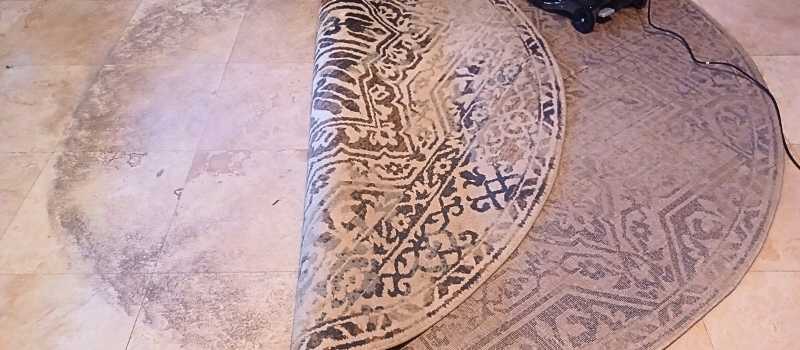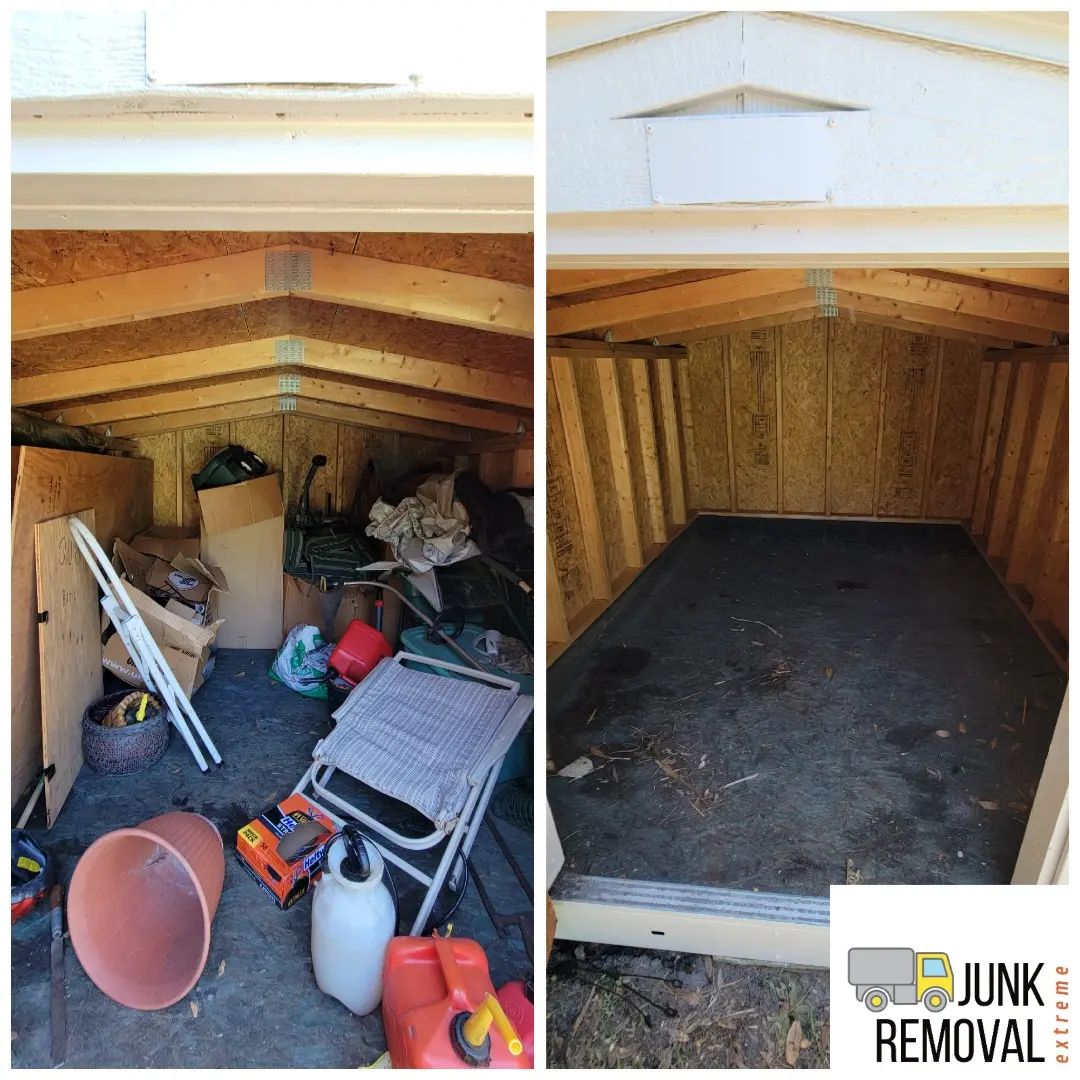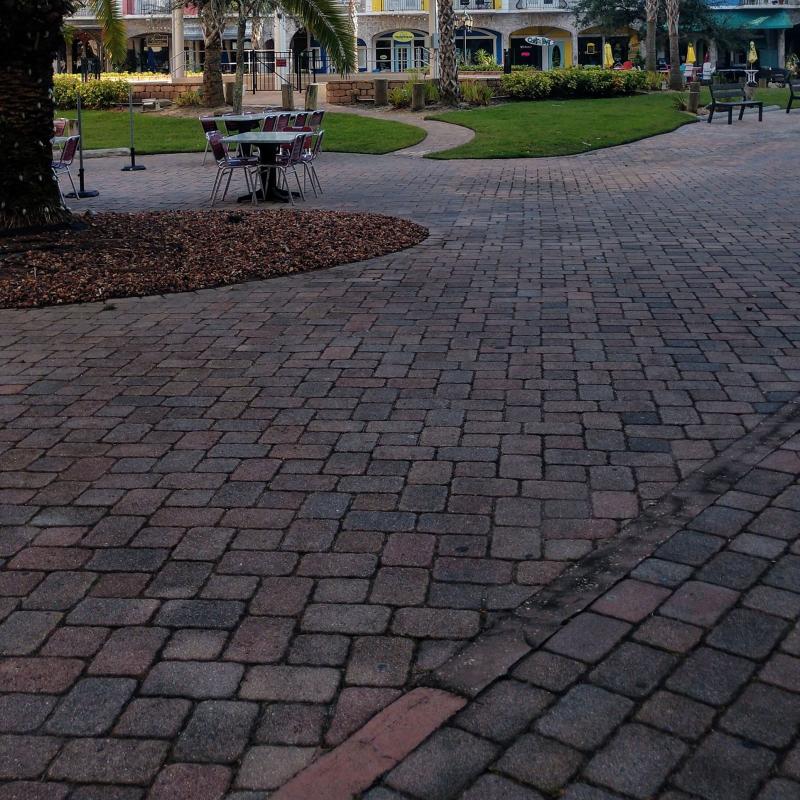
The Hidden Dirt Trap: Vacuuming the Back of Your Area Rug
When it comes to keeping our homes clean, one of the most common household chores is vacuuming. We diligently run the vacuum cleaner over our carpets, rugs, and floors to rid them of dirt, dust, and allergens. However, there's one often-overlooked aspect of rug maintenance that can significantly contribute to a cleaner and healthier home – vacuuming the back of your area rug. The back of your rug can be a hidden treasure trove of trapped dirt and debris waiting to be extracted.
Why Vacuum the Back of Your Area Rug?
Vacuuming the front or top side of your area rug is essential, but it only addresses part of the problem. Over time, dust, dirt, and small debris particles can settle on the backside of your rug. These particles often find their way through the fibers to the underside, where they become embedded in the rug's foundation. When left unaddressed, this trapped dirt can lead to premature wear and tear of the rug and negatively impact indoor air quality.
Step-by-Step Guide to Vacuuming the Back of Your Area Rug:
Vacuum the top of your rug as usual to remove the top layer of dirt, pet hair and small debris.
Prepare Your Rug:
Start by removing the rug from its usual spot, or flipping it over. It's easier to work on the back of the rug when it's on a flat, hard surface. ( non-carpet area )
Choose the Right Vacuum Setting:
Check your vacuum cleaner's settings. Most modern vacuums have adjustable height settings, and you'll want to use the setting that's suitable for the rug's pile. The best settings is 'floor' if you have a weave on the back side.
Inspect for Loose Dirt and Debris:
Do not shake the rug inside your home. This will release fine dust into the air. Remove any visible debris.
Vacuum the Back:
Lay the rug on a clean, flat surface with the backside facing up. Carefully run the vacuum over the entire back of the rug, just as you would when vacuuming a floor. Make slow, overlapping passes to ensure you capture as much trapped dirt as possible. Pay special attention to the edges and corners. You see, what is really happening is the high-powered vibration of the vacuum is shaking out the dirt from the rug that the vacuum could not penetrate from a top layer vacuum. For large rugs you can now gently flip one side over (half) to see just how much dirt was removed. Vacuum this up, then flip the other half and do the same. You'll be surprised at just how much dirt is trapped in your rug.
Repeat as Needed:
Depending on how dirty your rug is, you may need to repeat the process a few times until you're no longer picking up dirt. Don't forget to clean the vacuum's filter or bag as necessary to maintain its suction power.
Flip and Clean the Front:
Once you've tackled the back, flip the rug over and vacuum the front side one more time to catch the remaining dirt. This ensures a thorough cleaning, removing any remaining dirt and revitalizing the rug's appearance.
Maintenance:
Regularly vacuuming both sides of your area rug can help prevent the buildup of trapped dirt. Aim to vacuum your rug every few months, more frequently if it's in a high-traffic area.
Benefits of Vacuuming the Back of Your Rug:
Prolongs Rug Lifespan: By removing trapped dirt and debris, you can extend the life of your area rug, saving you money in the long run.
Improved Indoor Air Quality: Removing trapped dirt from your rug's backside can lead to cleaner air in your home, reducing allergens and dust.
Reduce Odor: Trapped dirt, pet hair and other debris can begin to smell if not removed often when trapped below the surface of your rug.
Enhanced Aesthetics: Vacuuming both sides of your rug not only maintains its cleanliness but also revitalizes its appearance, making it look as good as new.
Prevents Damage: Embedded dirt can act as an abrasive, wearing down the rug fibers. Regular cleaning helps preserve the rug's texture and integrity.
Vacuuming the back of your area rug is a simple yet often overlooked cleaning task that can significantly improve the cleanliness, longevity and smell of your rug, as well as the overall air quality in your home. Incorporate this practice into your regular cleaning routine, and you'll enjoy a cleaner, healthier living environment and a rug that looks and feels its best.
This method may not work for certain types of rugs. Fine rugs like wool, silk and non-synthetic rugs may require a professional rug cleaning professional to ensure the quality of the rug. Professional rug washing companies can also offer minor repairs in some cases. To select the right company, you may want to ask if the rug washing is completed in house or sent out to a third party.
This article is meant for information purposes only and not meant as advise.






